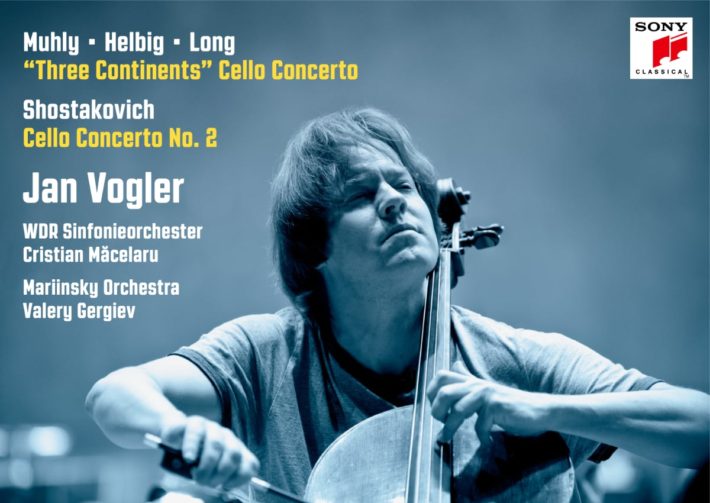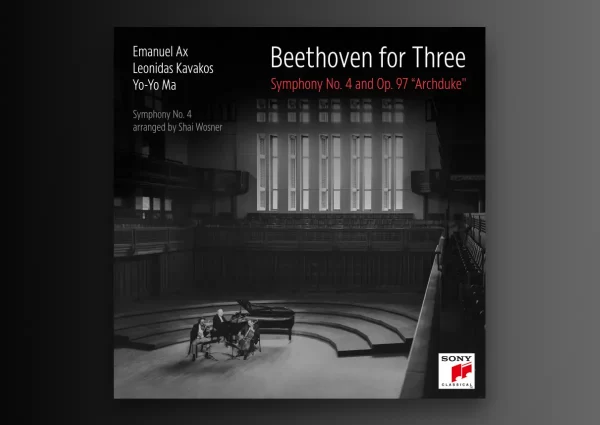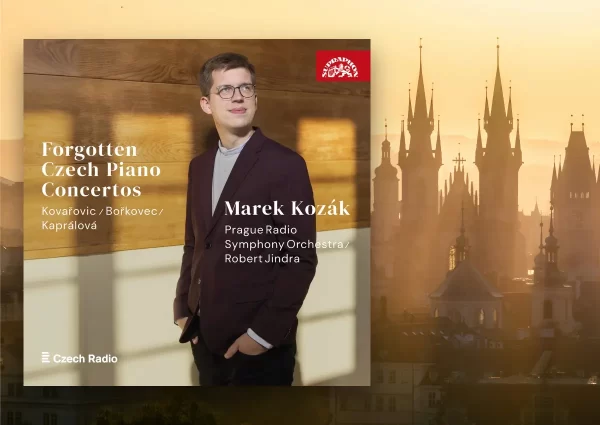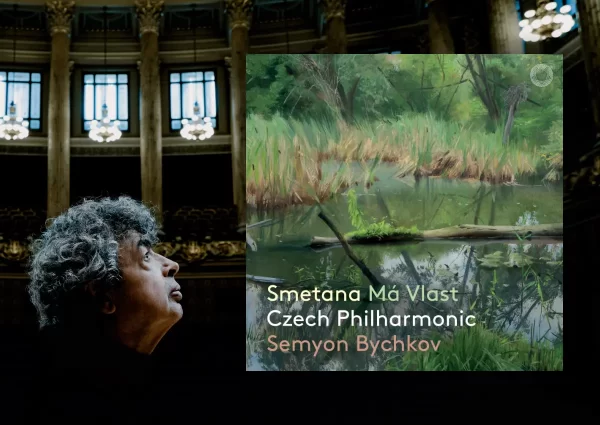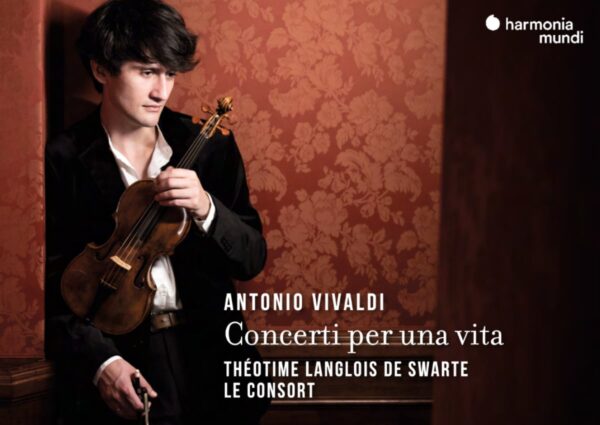Jan Vogler’s newest recording includes the premiere of a concerto with each movement written by a different composer, named “Three Continents”. Vogler commissioned composers from three different continents which have special importance in his life: Muhly (America) where Vogler lives; Helbig (Germany) Vogler’s homeland; Long (China) the homeland of Vogler’s wife. Vogler did not set any compositional parameters or offer any unifying themes, so the result is fascinatingly eclectic, fittingly described by Vogler as “a truly global affair.”
Muhly’s first movement plunges us into an incessantly hectic texture, woodwinds chattering away as the cello performs a wide-ranging, angular line. Entitled “Cello Cycles,” the movement is a set of variations on repeating chords. What is most readily apparent is Muhly’s masterful use of orchestral color. It is as if the cello is wandering through an aural park, and at each turn there is new landscape to explore. Each variation initiates a new mood: playful (3’18”), frolicking (4’03”), dissolving into tender yearning (5’05”). Muhly’s pointillistic orchestration is captivating, and Vogler dispatches the cello part’s many difficult leaps and string-crossings with aplomb.
The second movement, “Aria” is equally beguiling. Helbig’s cello writing favors long-breathed legato phrases, which Vogler imbues with a lovely shimmering tone. The music is particularly affecting at 9’15,” suddenly becoming more agitated as chordal exclamations from the orchestra play against Vogler’s increasingly impassioned outbursts.
Related Classical Music Reviews
- Review – Daniel Müller-Schott Plays Strauss
- Review: Shostakovich – Symphony No. 11 – BBC Philharmonic – Storgårds
- Review: Elgar – Cello Concerto – Sheku Kanneh-Mason, Rattle
In the final movement, composer Zhou Long asks the cello to take on the color and spirit of the Chinese guqin, a seven-string zither. The movement, based on the “Song of Eight Unruly Tipsy Poets” by Du Fu (712–770), depicts the increasingly humorous and rowdy behavior of eight poets as they drink. The composer provides a programmatic description in the liner notes which enables the listener to easily hear that their increasing inebriation in playful, often riotous music. The ending is a thrilling tour-de-force, capping off an impressive new concerto.
Vogler’s performance of Shostakovich’s second concerto is entirely convincing, with well-honed articulation wedded to flawless intonation. His reading is thoughtful and introspective, going right to the heart of the music. At first, the tempos chosen for the outer movements (11’49” and 13’58”) seemed too fast when compared to the performances by Alisa Weilerstein (14’30” and 14’09) and Mørk’s second recording with the Oslo Philharmonic and Petrenko (14’30” and 17’03”). But on repeated listening, they became a convincing part of Vogler’s understated yet heartfelt approach.
Any disappointment lies with Gergiev, whose accompaniment seems dutiful rather than inspired. Compare the climax of the first movement (track 4, 7’52”), an urgent dialogue between cello and bass drum. The drum stroke here is muted, lacking in impact, which in turn mutes Vogler’s impassioned response, whereas Heras-Casado ensures the drum has startling power, which only heightens Weilerstein’s defiant fury. Sadly, the vivid colors and impassioned playing that made this team’s most recent Stravinsky disc so fabulous (Petrushka and Jeu de cartes) emerges only intermittently here. The engineered sound delivers clarity but lacks immediacy and impact. Vogler’s reading deserves better.
Liner notes are adequate, although a more thorough discussion of the new concerto would round out Vogler’s whole-hearted advocacy. The WDR Sinfonieorchester and Cristian Macelaru are excellent accompanists. Recommended mainly for the new “Three Continents” concerto.

Nico Muhly (1981) • Sven Helbig (1968) • Zhou Long (*1953) – Concerto for Cello and Orchestra “Three Continents”**
Shostakovich – Cello Concerto No. 2, Op. 126
Jan Vogler, cello
WDR Sinfonieorchester**
Cristian Măcelaru – Conductor**
Mariinsky Orchestra
Valery Gergiev – Conductor
Sony Classical, CD G010004377239N
Recommended Comparisons
Read more classical music reviews or visit The Classic Review Amazon store
Follow Us and Comment:
Get our periodic classical music newsletter with our recent reviews, news and beginners guides.
We respect your privacy.

